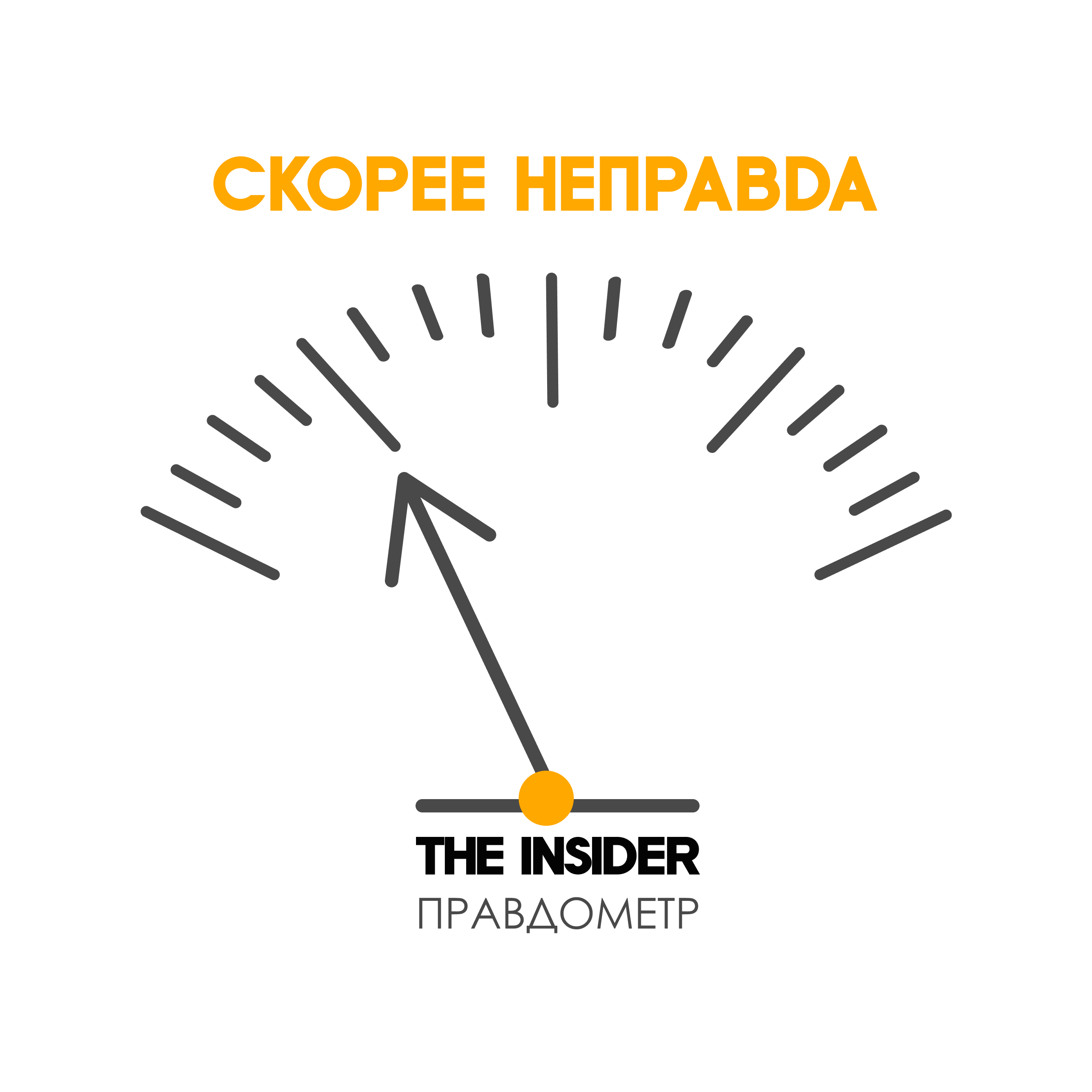Vesti.ru talked about the punishment for Mrs. Crimea-2022 Olga Valeeva for posting a video on her Instagram where she sang the Ukrainian song Chervona Kalina as a friend. The girls were accused of "discrediting" the Russian army and displaying Nazi symbols. Valeeva got off with a fine of 40 thousand rubles (since she has minor children), and her friend received 10 days of arrest. Previously, under the same articles, the participants of the wedding where this song played were held liable. Vesti.ru claims that Chervona Kalina is the anthem of the Ukrainian nationalist battalions.

The Ukrainian folk song was written by the famous poet, director and director of the Ukrainian theater "Ukrainian Besida" Stepan Charnetsky in 1914. "Chervona Kalina" very quickly became the de facto unofficial anthem of the Ukrainian Sich Riflemen. These are military formations as part of the army of the Austro-Hungarian Empire, originally a brigade formed during the First World War from Ukrainians living on the territory of Austria-Hungary.
Some archers during the Second World War also acted as part of the Ukrainian Insurgent Army and the Organization of Ukrainian Nationalists. For example, the first leader of the OUN was Colonel Evgen Konovalets, a former commander of the Sich Riflemen. However, there is not a single historical evidence that "Chervona Kalina" was the anthem of the UPA or OUN. For example, People's Deputy of Ukraine Volodymyr Vyatrovich, talking about the popularity of the song among UPA soldiers, for some reason refers to the Ukrainian feature film of 2017 about the uprising of Ukrainians in the Gulag camps in the early 50s.
But it is reliably known that the song received a second life at the end of the existence of the USSR. At the end of 1980, the song had another verse. It was added by Ukrainian dissidents: composer and conductor Leopold Yashchenko and human rights activist, member of the 60's movement, memoirist, publicist, journalist and editor of the Bulletin of Repressions in Ukraine Nadezhda Svetlichnaya.
Today, the song is experiencing another wave of popularity as a symbol of resistance to Russian aggression, but this time not only in Ukraine, but throughout the world. It is performed by everyone who wants to express solidarity and sympathy with the Ukrainians: from the leader of the Boombox group Andriy Khlyvnyuk to the British band Pink Floyd, whose members recorded a cover for it.


